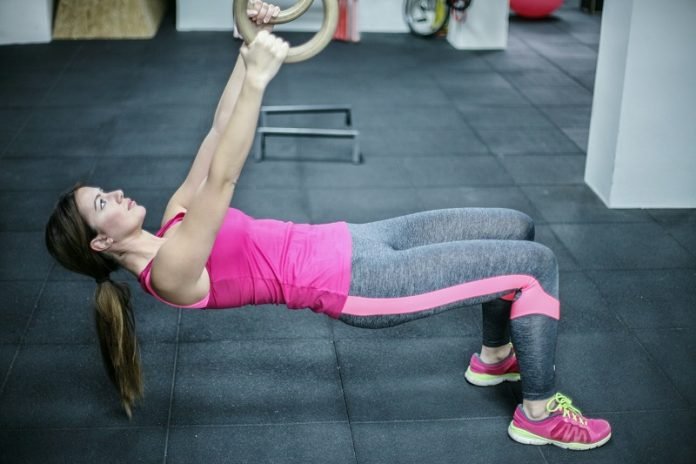
A new study conducted by the University of Copenhagen has found an exciting connection between physical exercise and improved brain health, particularly in learning and remembering motor skills.
The study, published in the journal Neurobiology of Learning and Memory, offers promising insights into the benefits of staying physically active throughout life.
Researchers from the university’s nutrition, exercise, and sports department delved into how physical activity impacts our brain’s ability to remember and perform tasks that require motor skills.
These tasks range from everyday activities like riding a bike or tying shoelaces to more complex skills.
The study found that incorporating exercise, whether before or after learning a new motor skill, significantly improves one’s ability to remember that skill.
A striking improvement of around 10% was noted in people who exercised either before or after learning. The benefits were even greater when exercise was included both before and after the learning process.
This effect isn’t limited to a specific age group. It spans across children, adolescents, and older adults, especially those regularly learning new skills.
The findings also hold potential for individuals in rehabilitation, helping them recover lost motor skills and mobility.
The research involved 67 young men aged between 18 and 35, chosen to ensure uniformity in learning ability and physical performance.
These participants were divided into different groups: some rested, some exercised moderately on a bicycle, and then they all performed a motor task using a computer game.
Their performance and memory were tested again after a week to gauge the retention of the learned skill.
When learning a new task, specific parts of the brain are activated. This activation reflects brain plasticity – the brain’s ability to change and adapt, which is crucial for learning and remembering new skills.
Physical exercise is believed to enhance this plasticity, both during the learning phase (online) and in the period following it (offline).
Physical exercise triggers the release of neurotransmitters that further promote the brain’s development and learning capacity. This relationship is considered key to the observed benefits of exercise on motor learning.
This research could significantly impact rehabilitation practices. Instead of isolated sessions focusing on physical, ergonomic, or cognitive training, a more integrated approach that includes physical exercise might prove more effective.
Even small improvements in rehabilitation efficiency can make a significant difference for those recovering from accidents or injuries.
If you care about wellness, please read studies about how ultra-processed foods and red meat influence your longevity, and why seafood may boost healthy aging.
For more information about wellness, please see recent studies that olive oil may help you live longer, and vitamin D could help lower the risk of autoimmune diseases.
The research findings can be found in the journal Neurobiology of Learning and Memory.
Copyright © 2024 Knowridge Science Report. All rights reserved.



